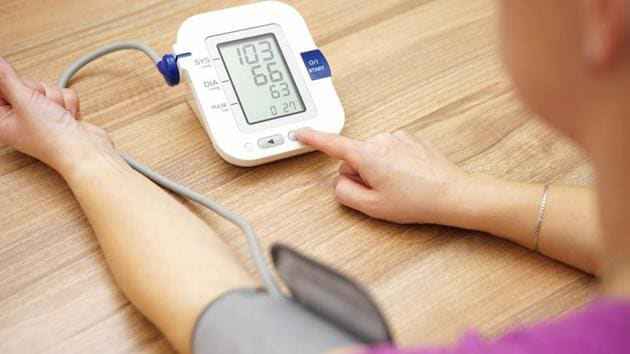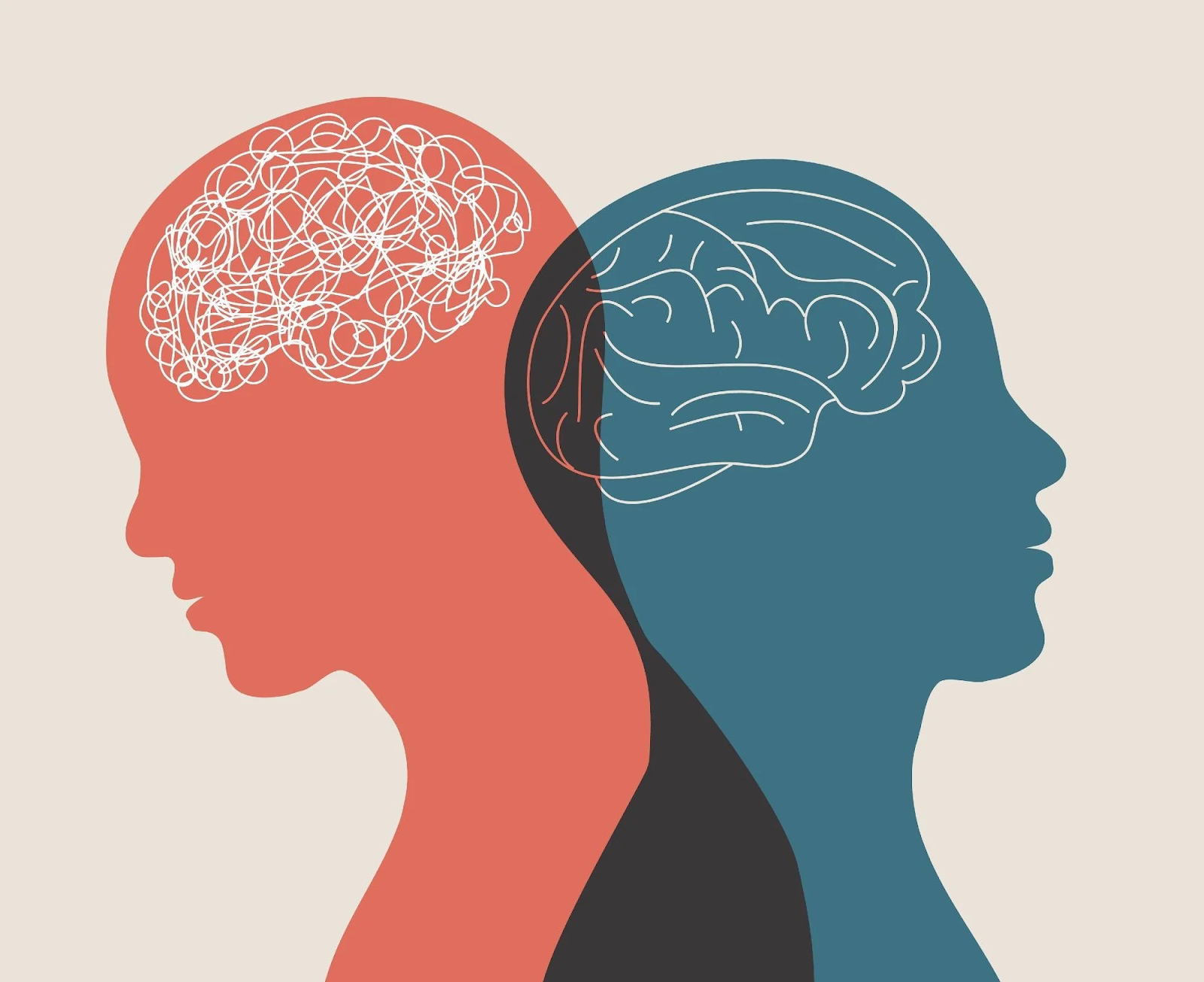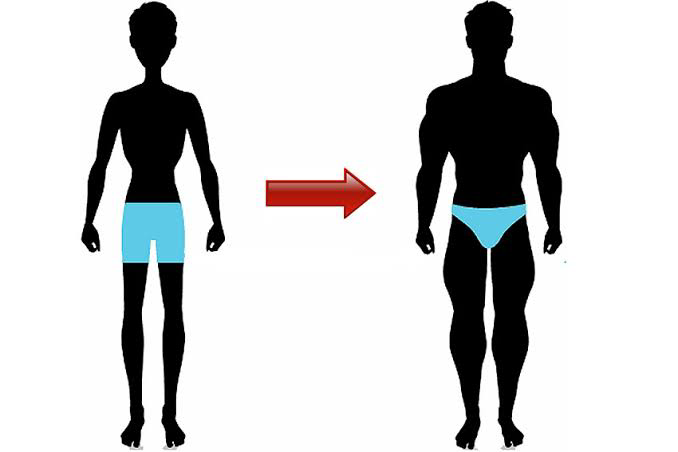Meditation for Stress Relief: A Guide to Its Benefits
Meditation for Stress Relief: A Guide to Its Benefits
In today's fast-paced world, stress is a common experience that affects many people. Whether it's from work, relationships, or other sources, stress can have a significant impact on our mental and physical health. While there are many ways to manage stress, one method that has gained popularity in recent years is meditation. Meditation is a practice that involves focusing your mind on a particular object, thought, or activity to achieve a sense of calm and relaxation. In this article, we'll explore the benefits of meditation for stress relief and how you can incorporate it into your daily routine.
Reduces Anxiety and Depression Symptoms
Studies have shown that regular meditation can reduce symptoms of anxiety and depression, two common mental health disorders. A meta-analysis of 47 randomized controlled trials found that meditation was effective in reducing symptoms of anxiety and depression in people with these conditions. This effect is believed to be due to the ability of meditation to regulate the activity of the amygdala, the part of the brain that controls our fight or flight response. By reducing the activity of the amygdala, meditation can help calm our body's response to stress and reduce feelings of anxiety and depression.
Improves Sleep Quality
Stress can interfere with our ability to get a good night's sleep. If you're experiencing stress, you may find yourself struggling to fall asleep or waking up frequently during the night. Regular meditation can help improve sleep quality by promoting relaxation and reducing stress. A study published in the Journal of the American Medical Association found that mindfulness meditation improved sleep quality in older adults with moderate sleep disturbance. By incorporating meditation into your daily routine, you may find that you're able to fall asleep faster and stay asleep longer.
Lowers Blood Pressure
Stress can have a negative impact on our physical health, particularly our cardiovascular system. High blood pressure is a common health condition that is often associated with stress. Studies have shown that meditation can help lower blood pressure in people with hypertension. A meta-analysis of 19 randomized controlled trials found that meditation was effective in reducing both systolic and diastolic blood pressure. By incorporating meditation into your daily routine, you may be able to reduce your risk of developing high blood pressure.
Promotes Emotional Well-being
In addition to reducing symptoms of anxiety and depression, meditation can also promote emotional well-being. Regular meditation can help you develop a greater sense of self-awareness, which can help you identify and manage negative emotions. By learning to observe your thoughts and emotions without judgment, you can develop a greater sense of calm and equanimity. This can help you better manage stress and maintain a positive outlook on life.
Improves Concentration and Focus
Stress can make it difficult to concentrate and stay focused on a task. Regular meditation can help improve concentration and focus by training the mind to stay present and avoid distraction. A study published in the journal Frontiers in Human Neuroscience found that mindfulness meditation improved cognitive control and attention in healthy adults. By incorporating meditation into your daily routine, you may find that you're better able to concentrate on your work and avoid distractions.
How to Incorporate Meditation into Your Daily Routine
If you're interested in incorporating meditation into your daily routine, there are many resources available to help you get started. Here are a few tips to help you begin:
Start small. Begin with just a few minutes of meditation each day and gradually increase the amount of time as you become more comfortable with the practice.
Find a quiet, comfortable space. Choose a space that is quiet and free from distractions. It's also important to sit in a comfortable position that allows you to stay focused and alert.
Focus on your breath.









Comments
Post a Comment